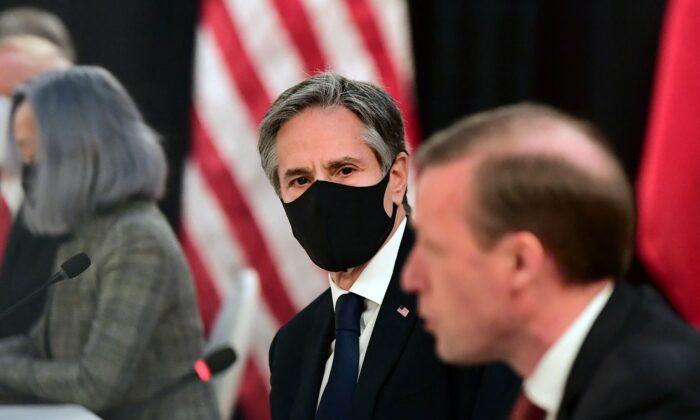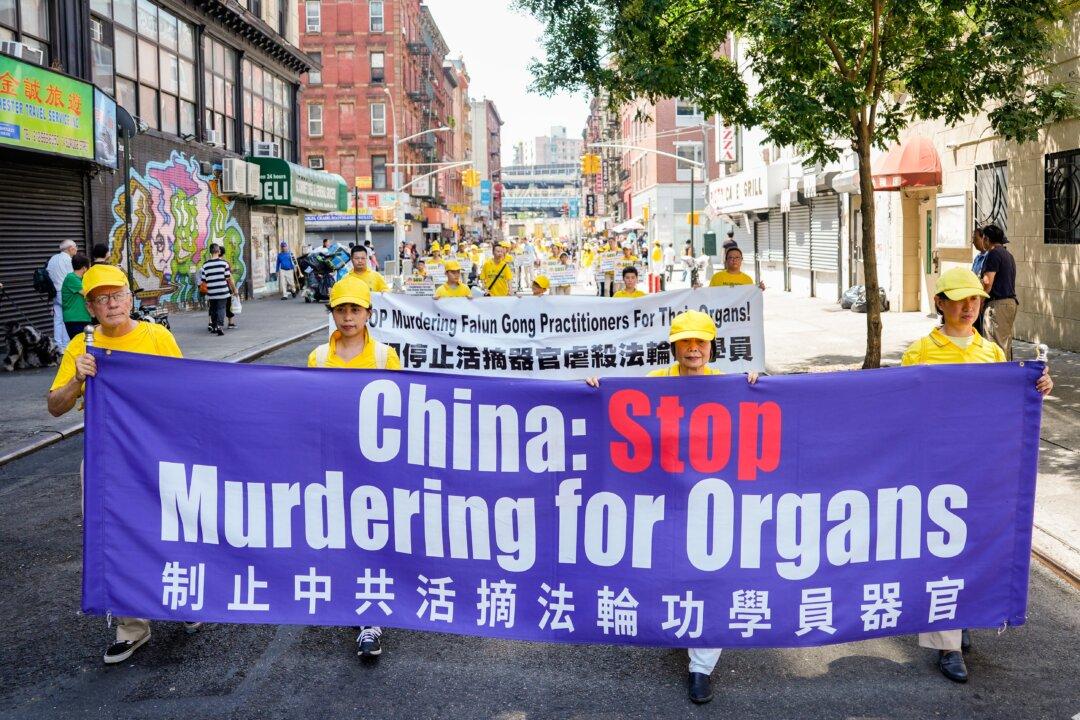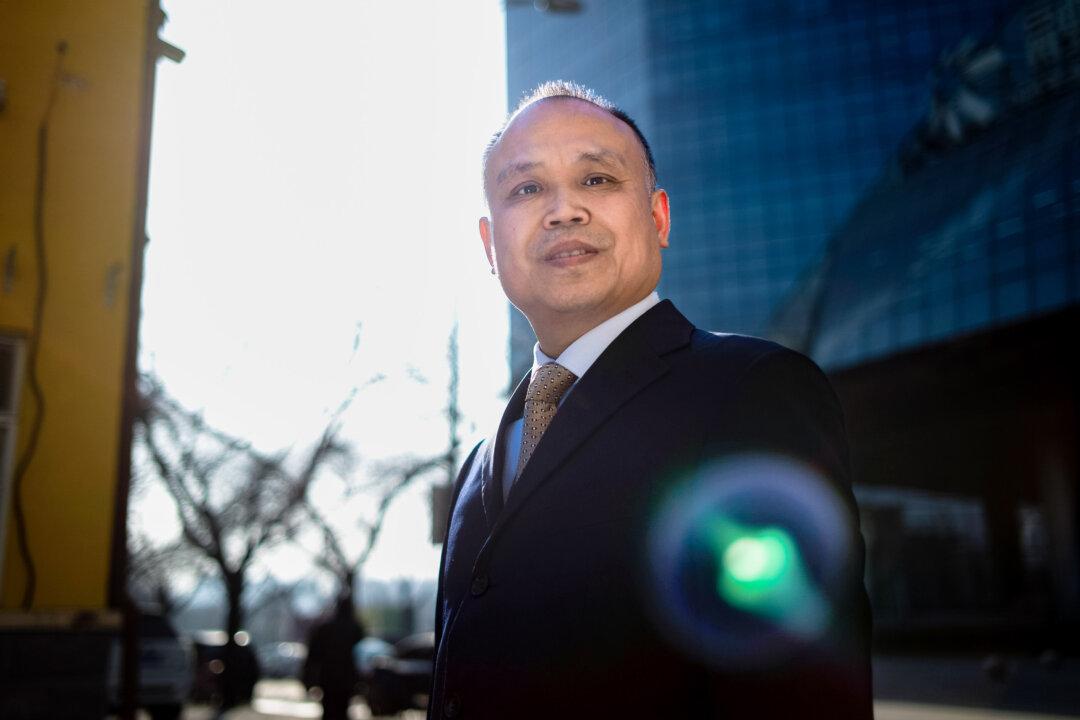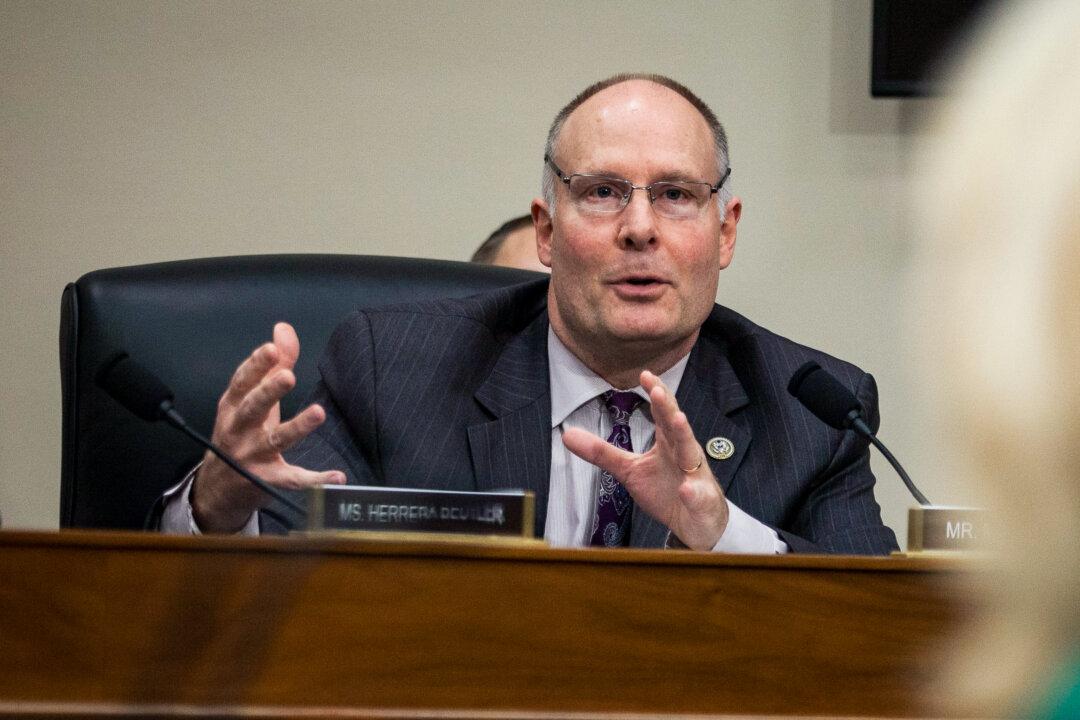The two-day bilateral meeting in Anchorage, Alaska, was the first high-level, in-person talks between Beijing and Washington since President Joe Biden took office in January. Heading the U.S. delegation were Secretary of State Antony Blinken and National Security Adviser Jake Sullivan, while the Chinese side was represented by foreign minister Wang Yi and senior foreign policy diplomat Yang Jiechi.
He added: “That’s why they’re not merely internal matters and why we feel an obligation to raise these issues here today.”
The typical few minutes of opening remarks by both sides ended up being a public blowup before private meetings got underway.
Sullivan said: “A confident country is able to look hard at its own shortcomings and constantly seek to improve.”
Soon after, Yang, via an interpreter, said: “It was my bad. When I entered this room, I should have reminded the U.S. side of paying attention to its tone in our respective opening remarks, but I didn’t.” He then accused the U.S. side of speaking in a “condescending way.”
Yang then lashed out over what he said was the United States’ struggling democracy, poor treatment of minorities, and criticizing its foreign and trade policies.
“We believe that it is important for the United States to change its own image and to stop advancing its own democracy in the rest of the world,” he said. “Many people within the United States actually have little confidence in the democracy of the United States.”
“China will not accept unwarranted accusations from the U.S. side,” he said.
Following the heated exchanges, a senior administration official issued a statement, criticizing the Chinese side for violating the meeting’s protocol, saying that there was an agreement that each of the four diplomats would limit his opening statement to about two minutes. Yang ended up speaking for more than 15 minutes.
“The Chinese delegation … seems to have arrived intent on grandstanding, focused on public theatrics and dramatics over substance,” the official added.
“In the past, #China’s diplomats were cunning, pretending to be friendly and responsible. Now, however, they are arrogant beyond belief. Yang Jiechi in #Alaska just dropped the mask to show #Beijing’s true ugly face,” Chang wrote.
“Aggression towards our ally Taiwan, cracking down on pro-democracy demonstrations in Hong Kong, genocide against the Uyghurs, theft of Americans’ private personal information—the CCP is responsible for all these developments and needs to be held accountable,” Burchett wrote.
Burchett added: “The CCP is an adversary, they don’t play straight with us and want to weaken our position in the Indo-Pacific.”






Friends Read Free